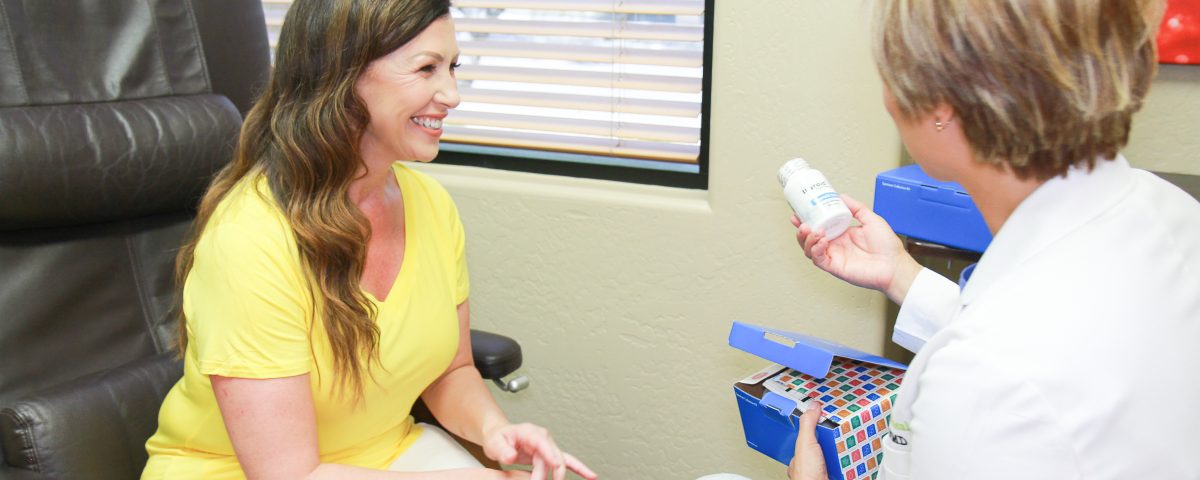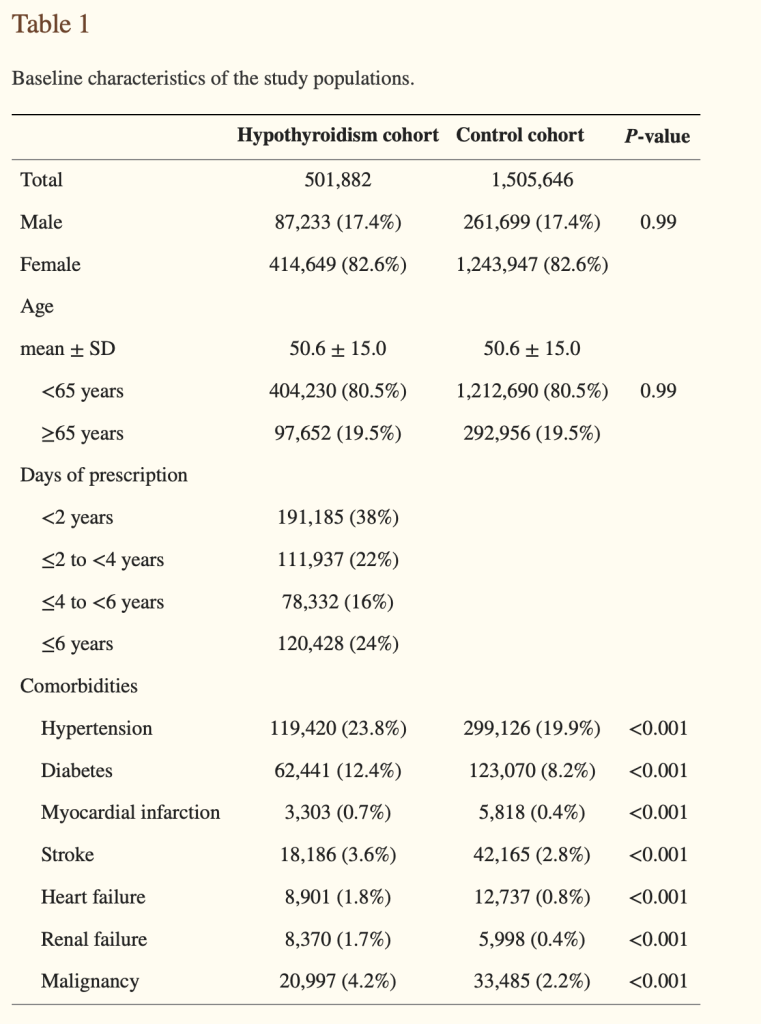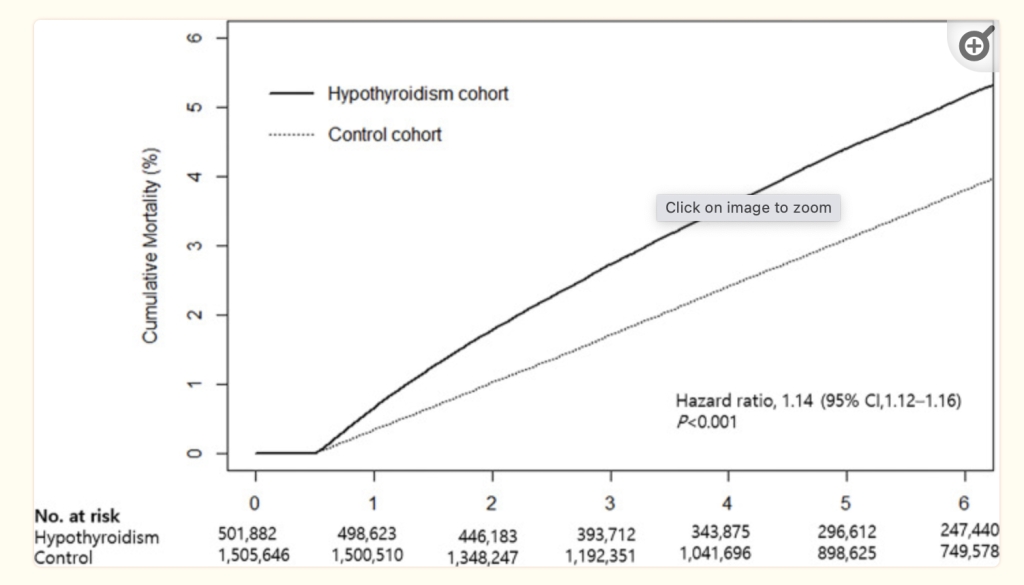Here’s an important truth: taking thyroid medication is not the same thing as having a healthy thyroid. In this article, I want to tell you a bit more about knowing the difference of when your thyroid medication is working properly vs. the symptoms of being on too much thyroid medication.
- Have any questions?
- 480-767-9018
- support@in-goodhealth.com

Why do you recommend avoiding eggs, dairy, gluten and soy?
May 1, 2023
Which sweeteners do you recommend?
May 4, 2023
Why do you recommend avoiding eggs, dairy, gluten and soy?
May 1, 2023
Which sweeteners do you recommend?
May 4, 2023Home > Hormone Reset > Beyond Medication: Achieving Optimal Thyroid Health
Beyond Medication: Achieving Optimal Thyroid Health

Recommended Product: All your Daily Thyroid Nutrients in a one-stop bundle, Daily Reset Nutrient Bundle. Doctor Formulated, Thyroid Focused nutraceuticals that not only help boost your thyroid output but also assist in maintaining a thriving thyroid. This bundle contains ALL your essential micronutrients, healthy omega fatty acids, Vitamin D, Calcium, and Magnesium. Specifically designed for those with Hashimoto’s, Hypothyroid, and Hyperthyroid Disease. Click Here
Differences between Healthy Thyroid Levels and Healthy Thyroid Function
Thankfully most people understand that low thyroid function causes problems.
- It can make weight gain easier
- It can cause fatigue
- It can also cause hair loss or irregular menstrual cycles
- And it can contribute to infertility and digestive problems.
We also know that thyroid function can cause changes in mortality risks or changes in cardiovascular risk. Because all of that is true, it becomes super easy to think that medications would solve those problems.
I want to make an important distinction.
A distinction between TAKING a hormone and MAKING a hormone, because it turns out that they are not identical.
When your body makes it, it is because it is doing it on purpose. These hormones are being used in a wide variety of ways.
On the other hand, when you are taking hormones, it can be necessary and life-saving. But, all too often, it doesn’t equate to the exact same thing your body would otherwise do.
Understanding Subclinical Hypothyroidism
This distinction between healthy thyroid levels and healthy thyroid function is best understood through a condition known as subclinical hypothyroidism.
In this condition, the thyroid is being ‘yelled at’ by your body (via a higher level of thyroid-stimulating hormone, otherwise known as TSH), but it is still making hormones.
We know people that have this suffer through a great deal of health problems. They often have symptoms like the ones I listed at the very beginning of this article.
All that in mind, the data is very strong that giving medications does not lower the risk and does not do anything in terms of symptom improvement.
Key Insight: What we are seeing is this critical difference between taking hormones and making hormones. They are not quite identical, and that can cause a lot of issues.
In the case of subclinical hypothyroidism, there have been large studies performed looking at huge amounts of people (in the hundreds of thousands).
What they have shown is that with abnormal thyroid levels there is indeed a lower quality of life. We often see:
- Higher levels of fatigue
- More symptoms like depression
- A decline in cognitive function
- Higher mortality and disease risks
When we take these same people and compare them with the medicated groups, those problems remain identical. Even though the medicated groups have normal or optimal thyroid levels, they don’t have the same outcomes.
This is critical because subclinical disease is one of the most common reasons that people are put on thyroid medication. The bottom line is that we know that the thyroid can cause all of these problems, but medication alone cannot solve these problems.
Thyroid Disease and Mortality Risk
The image above is from an additional study of around half a million people1. In it, they looked at people who were on treatment for thyroid disease compared it against those who were not on treatment (healthy controls).
They matched these groups up very precisely. Essentially the same proportions of males and females, very similar ages, and even down to the same risks for the same problems (like high blood pressure or diabetes).
Anything else that should have caused problems was not radically different between these two groups. Yet, the rate of early mortality was anywhere between 1.3 – 2 times higher in those who were on medication.
Key Insight: What your body does on its own, we cannot replace the same way with medicine alone. It is critical that we enable your body to do as much as it can.
That isn’t to say that medications are harmful, or that these medications specifically were causing these side effects. Instead, it is the fact that there was a lack of benefit from one’s own output – the more your body can make on its own, the better.
How Much Is Your Thyroid Working?
Even if you are on medication, the more your body can make thyroid hormone on its own, the better. This is true in terms of both these long-term risks and immediate quality of life.
Ultimately, this is why there are so many people who are on medication, but still struggle with resolving their symptoms.
In my experience, I have seen plenty of people who feel that the next change in dosage or that the next tweak is going to be the victorious one. All too often, though, that promise never materializes and people are left struggling.
Now, we know why – because taking it is not the same as making it.
Here’s the good news: The likelihood of your thyroid making hormones again is very high. Studies have shown that about 80-90% can see more output from their thyroid.
Of them, somewhere around 40-50% can reach a point where they don’t need any thyroid hormone any longer. Even those that do, can take steps to work with it more effectively.
The main thing that changes this comes down to regulating iodine. And, it’s the basic principle that helped me write the Thyroid Reset Diet.
It was based on these very studies I have been talking about today. I have taken them together, but in total, they show that:
- The disease reverse for most
- Most can reduce their requirement for medication
- Many may no longer need any medication at all
In short, allowing your body to do great work by itself is always going to trump what can be done with medication. So, we need to give our body the opportunity to do exactly that.
Our own internal capacity for control and regulation is unmatched. And, it’s something that we can’t totally replicate. Let’s talk about how to achieve your optimal thyroid values today.

P.S. Whenever you are ready, here is how I can help you now:
- Schedule a Thyroid Second Opinion with me, Dr. C, Click Here for Details
- Need help to choose supplements? Click ‘Help Me Decide Here'
- Get my top books Here
Dr. Alan Glen Christianson (Dr. C) is a Naturopathic Endocrinologist and the author of The NY Times bestselling Hormone Healing Cookbook, The Metabolism Reset Diet, and The Thyroid Reset Diet.
Dr. C’s gift for figuring out what works has helped hundreds of thousands reverse thyroid disease, heal their adrenals, and lose weight naturally. Learn more about the surprising story that started his quest.








